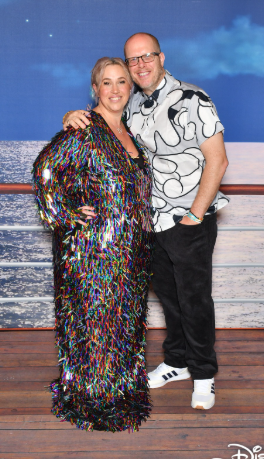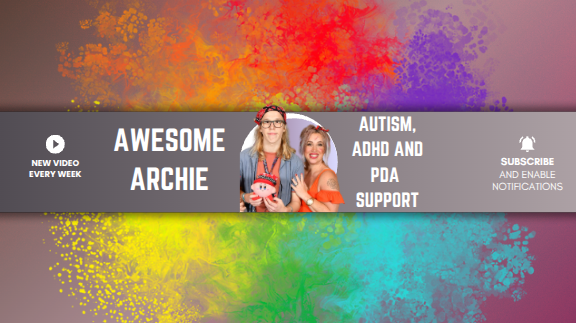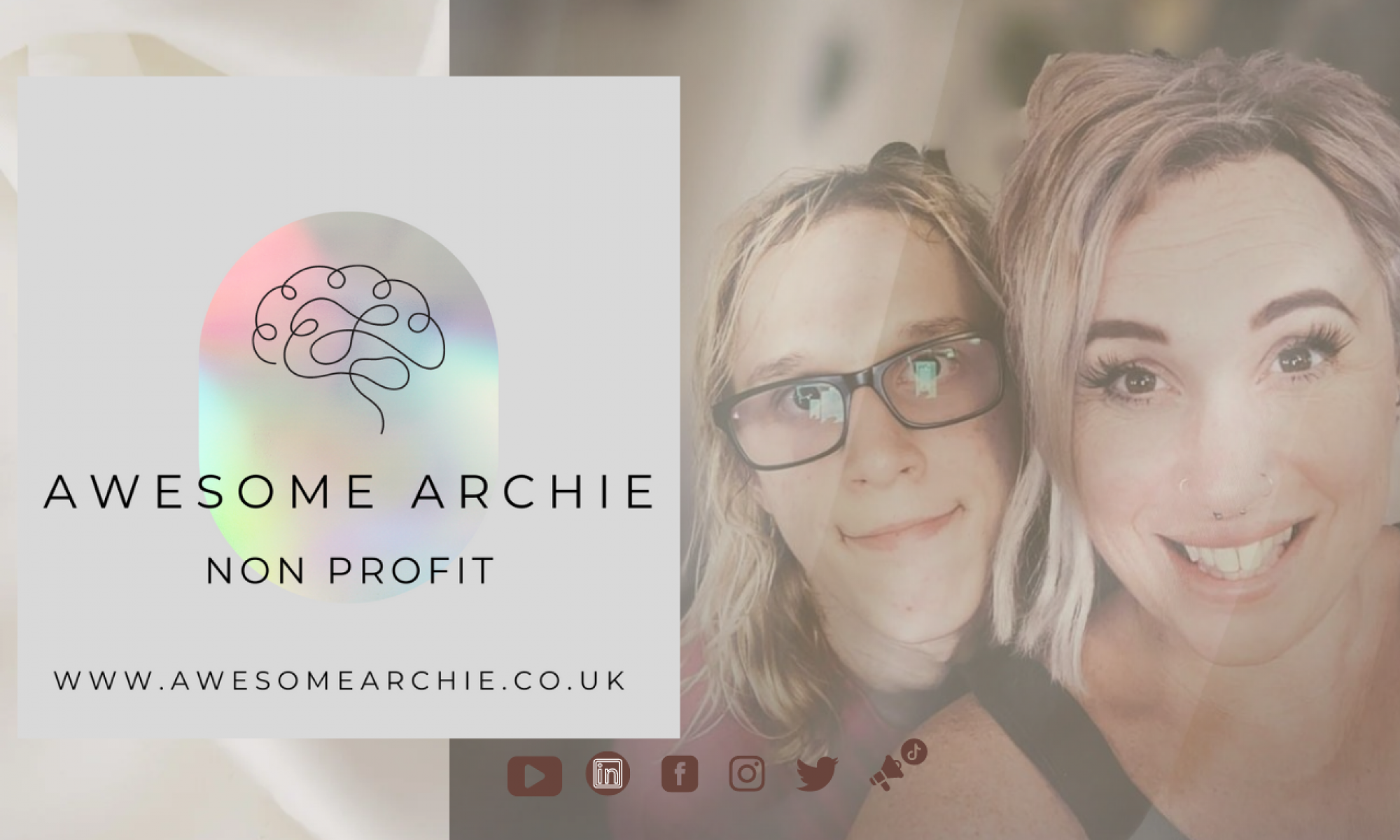
Navigating a child’s neurodivergent journey can be beautiful, challenging, and deeply emotional — especially when you and your partner aren’t on the same page. It’s important to say that Ian, my husband, has always been very open minded and trusting that I, as the full time parent, knew the kids. However, the support we put in place for the kids hasn’t always been agreed by us both. It’s important for us to share how we have navigated this and how we are fully on the same page now. It’s a marathon not a sprint people!
If you’re parenting a neurodivergent child (Autistic, ADHD, or otherwise) and your partner is struggling to accept or acknowledge the challenges your child faces, you are not alone. One of the most common (and frustrating) things parents hear in this situation is:
“Well, I do that too — it’s normal.”
It’s usually said so casually. Maybe defensively. Maybe with love. But it can feel dismissive — not just of your child’s experiences, but of yours too. This can cause real friction within your relationship as you can feel invalided.
So, how do you lovingly but firmly help your partner come to terms with your child’s neurodivergence? Well, here is what has worked for us when talking to family members, friends and colleagues. we hope it helps you too 🙂
Start with Compassion and not with Conflict
Your partner is probably really scared. For many people, recognising neurodivergence in their child means grieving the expectations they didn’t even know they had. It can stir up old wounds and force unpleasant memories — especially if they see parts of themselves in your child.
You could always say…
“I know this is a lot to take in. I feel it too. But we can’t support our child properly unless we’re honest about what they need.”
Validate Their Feelings and then Redirect
It’s okay to say:
“Yes, lots of people forget things or get overwhelmed. But what we’re seeing in our child is more intense, more frequent, and it’s affecting their daily life. That’s when it goes beyond what some may call “typical’”
Normalize the difference, not just the similarity.
If you can, use Real-Life Examples Without Blame
Sometimes, partners need concrete moments to connect the dots.
“When we were at the birthday party and he hid under the table for 30 minutes — that wasn’t just being shy. That was sensory overload. And he needs support for that, not to be told off.”
Stick to observations, not labels. Let the reality speak louder than the potential diagnosis (at first).
Offer Information Gently, Not as a Weapon
Throwing a stack of articles or diagnostic criteria at someone in denial rarely works. Instead, try offering one relatable video, a short article, or even a TikTok from a neurodivergent adult.
“I found this video helpful — it’s from someone who was diagnosed late and talks about how it affected their childhood. It really helped.”
Invite curiosity, don’t demand agreement.
Be Clear About What Your Child Needs — and Why It Matters Now
Your child is growing. Early understanding = better support = healthier development.
“Whether we label it or not, our child is struggling. They need us to understand them before the world tries to misunderstand them.”
Frame it as proactive love, not some neuroscience lesson.
Point to Progress, Not Perfection
Remind your partner this isn’t about “fixing” your child , THEY ARE NOT BROKEN!— it’s about understanding them so they can thrive.
“Neurodivergence isn’t a problem. Ignoring it can be.”
Set Boundaries Where Needed
If your partner is repeatedly invalidating, mocking, or refusing to support necessary accommodations (like therapy, sensory tools, or school meetings), it’s okay to draw a line:
“This is not up for debate anymore. Our child’s needs are real, and I’m going to advocate for them — with or without your agreement.”
It doesn’t mean you stop inviting them in. But your child’s wellbeing comes first.
Believe us when we say we know that it’s hard — emotionally, mentally, and relationally — when the person who should be your teammate is struggling to see what you see. But change doesn’t always happen overnight.
For more hints and tips, subscribe to our you tube channel 🙂
https://www.youtube.com/@awesomearchieautismsupport

